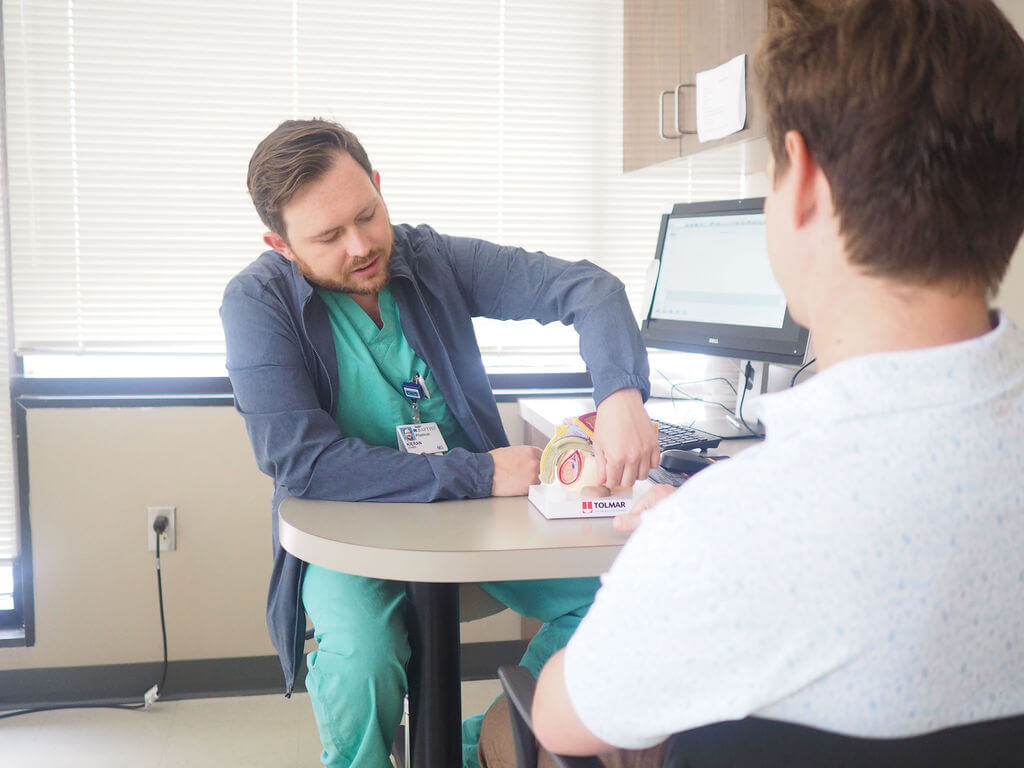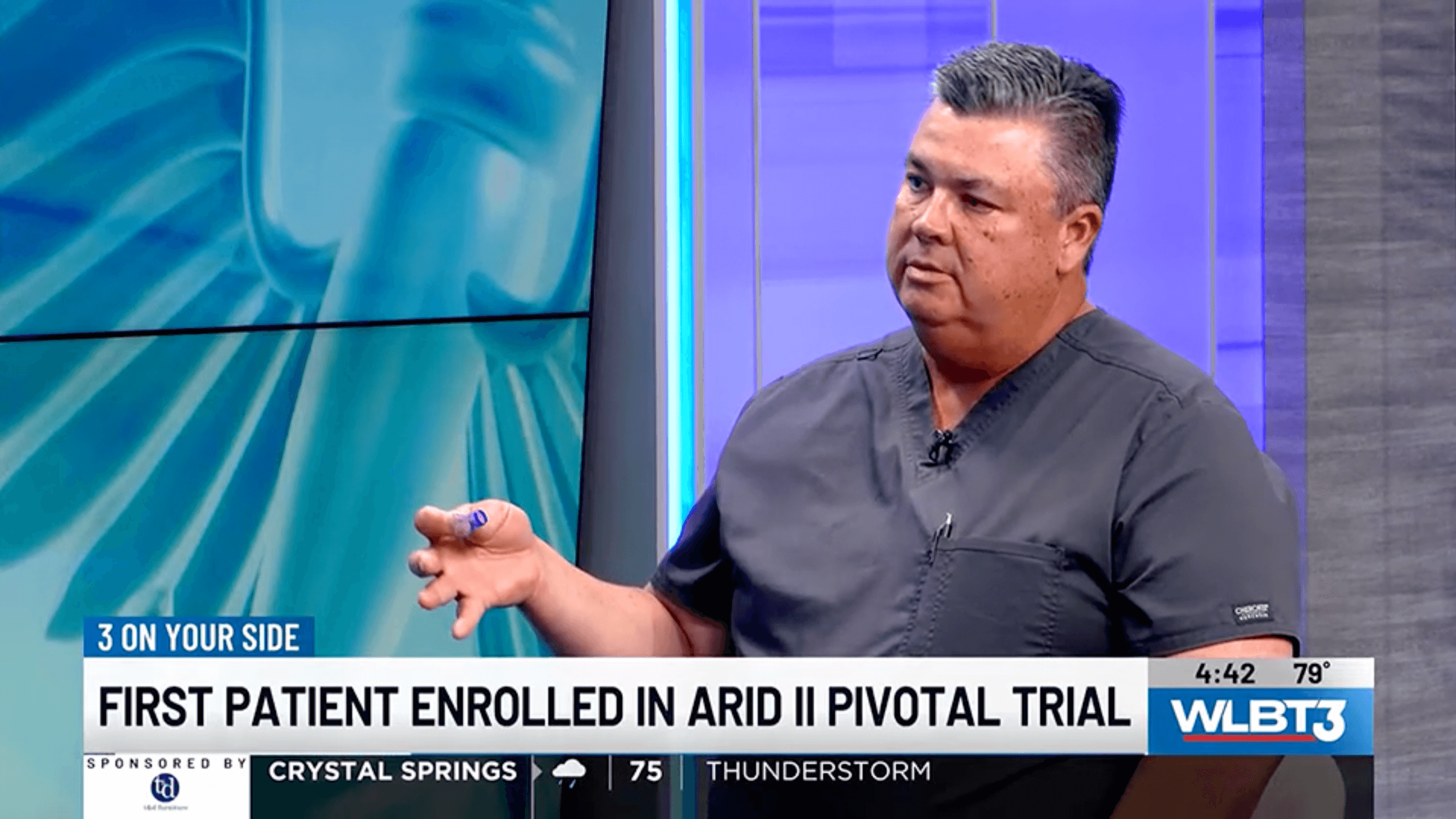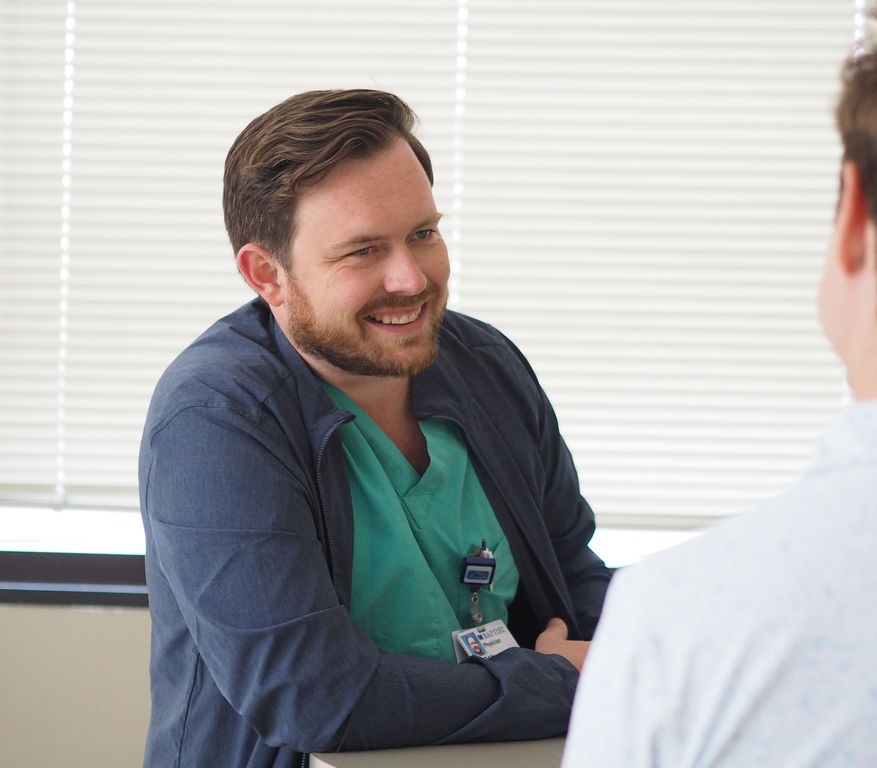Your body is designed to signal when your bladder is full and needs emptying. But what happens when you feel the urge to go, yet nothing comes out? If you’re experiencing this, you might be dealing with acute urinary retention (AUR)—a condition where the bladder fills up but cannot empty.
What Is Acute Urinary Retention?
AUR isn’t a disease itself, but rather a symptom of an underlying issue that prevents normal urination. While older men are most commonly affected, AUR can occur in people of any age and gender. The most common cause in men is an enlarged prostate, which compresses the urethra and blocks urine flow. Women may experience AUR due to conditions like cystocele (bladder prolapse).
Other factors that may lead to acute urinary retention include:
- Medications – Certain drugs, including antidepressants, antihistamines, and heart medications, can interfere with bladder function.
- Severe constipation – A full rectum can press against the bladder and urethra, making urination difficult.
- Nerve damage – Conditions such as diabetes, spinal cord injuries, and stroke can disrupt communication between the brain and the bladder.
Who’s at Risk?
Acute urinary retention can be excruciating and potentially life-threatening, requiring immediate medical intervention. Statistics show that within a five-year period:
- 1 in 10 men over 70 will develop AUR.
- 1 in 3 men over 80 will experience it.
- 3 in 100,000 women develop AUR annually, making it far less common in women than men.
- The condition is extremely rare in children.
What Can You Do to Encourage Urination?
While AUR requires emergency treatment, sometimes you just need to coax your bladder into action—such as when providing a urine sample at the doctor’s office. Here are some simple tricks that might help:
- Listen to Running Water – The sound of water can trigger a reflex that makes you want to go. Try flushing the toilet or turning on the sink. If you prefer to save water, playing an audio recording of running water can have the same effect.
- Use the Valsalva Maneuver – Sit on the toilet and push down as if having a bowel movement. You can also press gently on your lower abdomen for added pressure—but don’t overdo it, as excessive force can push urine back into the kidneys and cause infection.
- Put Your Hands in Warm Water – Sitting on the toilet while placing your fingertips in warm water can help relax your muscles and stimulate urination.
- Tap the Bladder Area (Suprapubic Tap) – Lightly tapping the area between your belly button and pubic bone for about 30 seconds may encourage your bladder to release.
- Bend Forward – Leaning forward while seated can apply gentle pressure to the bladder, promoting urination.
- Rinse the Perineum – Using a small squirt of warm water on the area between your genitals and anus can sometimes jumpstart urination.
- Try Relaxation Techniques – Close your eyes, take deep breaths, and focus on relaxing your abdominal and pelvic muscles. Stress and tension can make it harder to urinate.
- Sniff Peppermint Oil – Some people find that inhaling peppermint essential oil helps stimulate the bladder.
- Stay Hydrated – If you anticipate needing to urinate, drink plenty of fluids before your appointment to ensure a full bladder.
- Exercise – Activities like walking, jumping jacks, or running in place can stimulate bladder function.
When to Seek Emergency Treatment for AUR
If you’re unable to urinate and experiencing severe pain, don’t wait—seek emergency care. Without prompt treatment, acute urinary retention can lead to serious complications such as urinary tract infections, bladder damage, or kidney failure.
How Is Acute Urinary Retention Treated?
Depending on the cause, your doctor may recommend:
- Bladder Drainage – A catheter is inserted to immediately relieve the buildup of urine.
- Medication – If an enlarged prostate is the cause, drugs like 5-alpha reductase inhibitors can help shrink it, while alpha-blockers relax the bladder muscles.
- Surgery – In cases where a tumor, bladder obstruction, or prostate growth is causing the issue, surgical intervention may be necessary.
- Cystoscopy – A small camera is used to inspect the urethra for stones or obstructions.
- Laser Therapy & Urethral Lift – If an enlarged prostate is the issue, minimally invasive procedures can help clear the blockage.
- Pelvic Floor Therapy – If weak pelvic muscles contribute to retention, kegel exercises guided by a physical therapist may help restore function.
Get the Care You Need
Urination should be an automatic process—not a struggle. If you’re experiencing symptoms of acute urinary retention, don’t delay seeking help. Mississippi Urology Clinic provides expert diagnosis and treatment across multiple locations. Contact us today to schedule an appointment with one of our urologists.
















%20(1).png)










